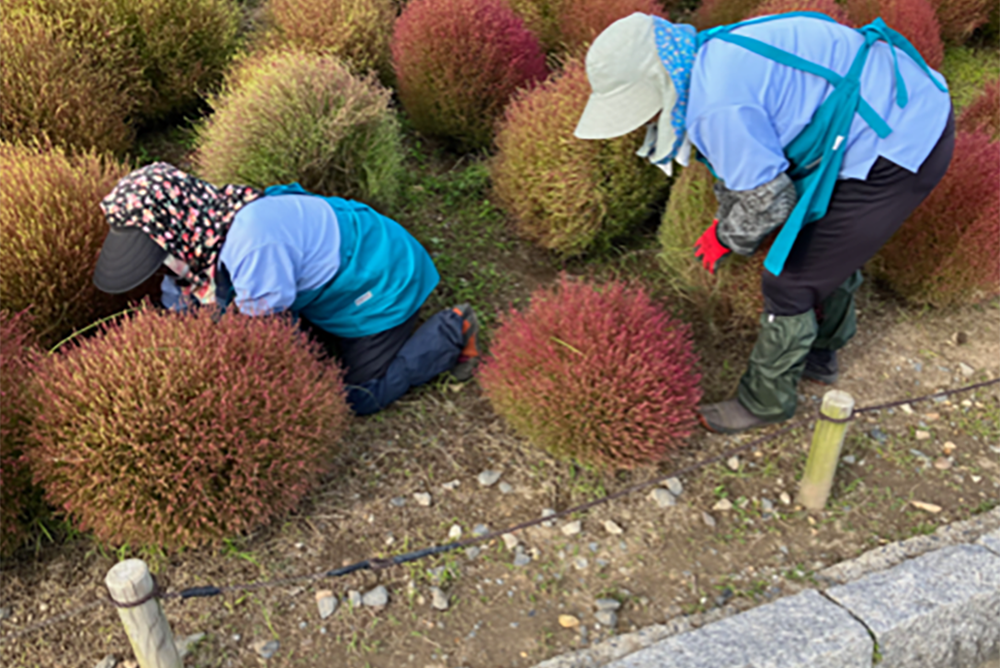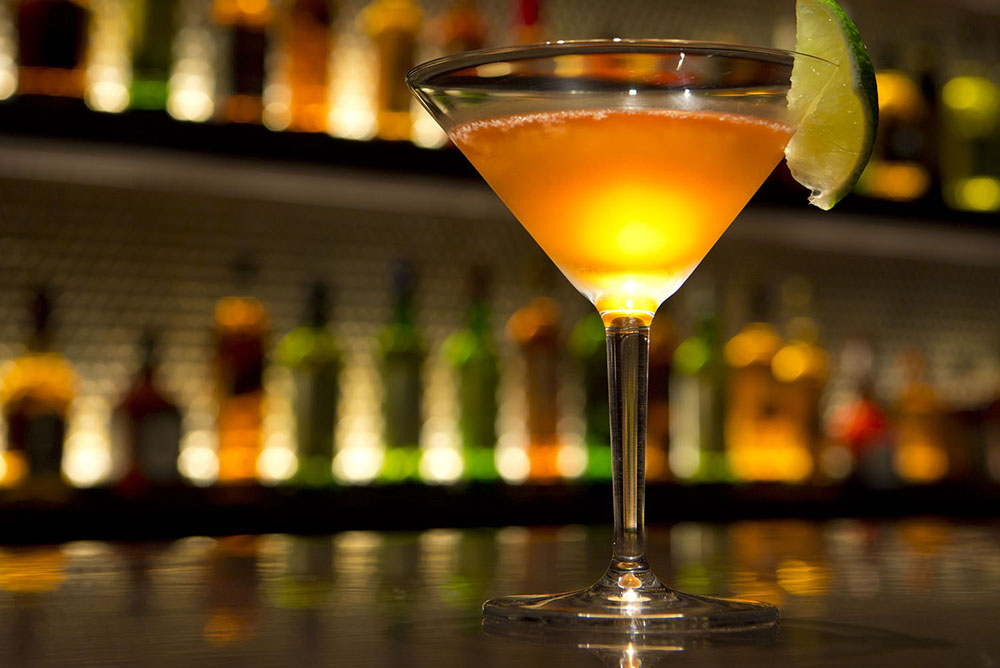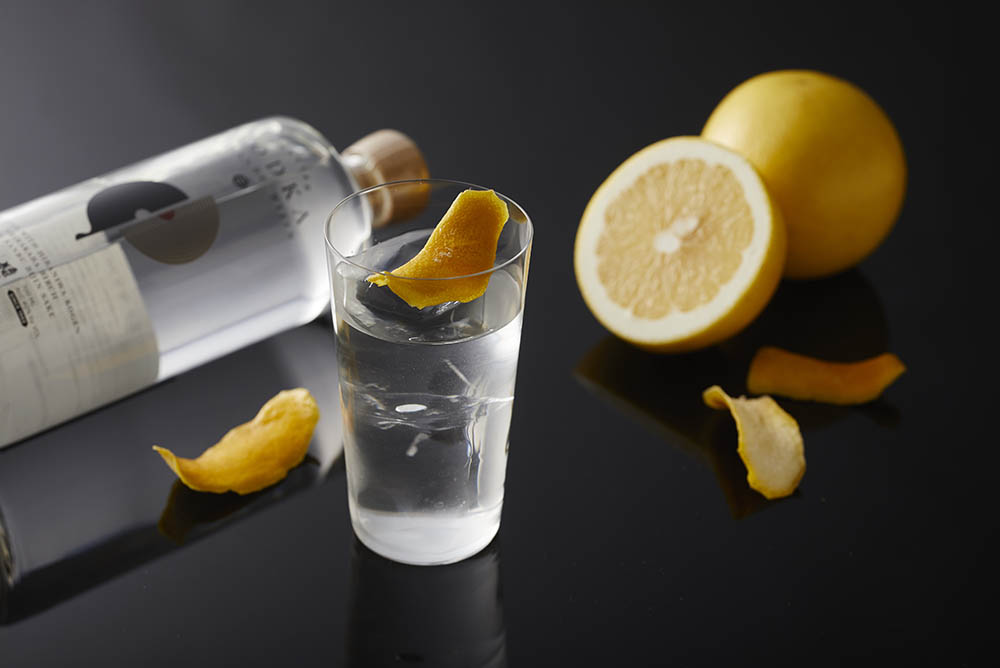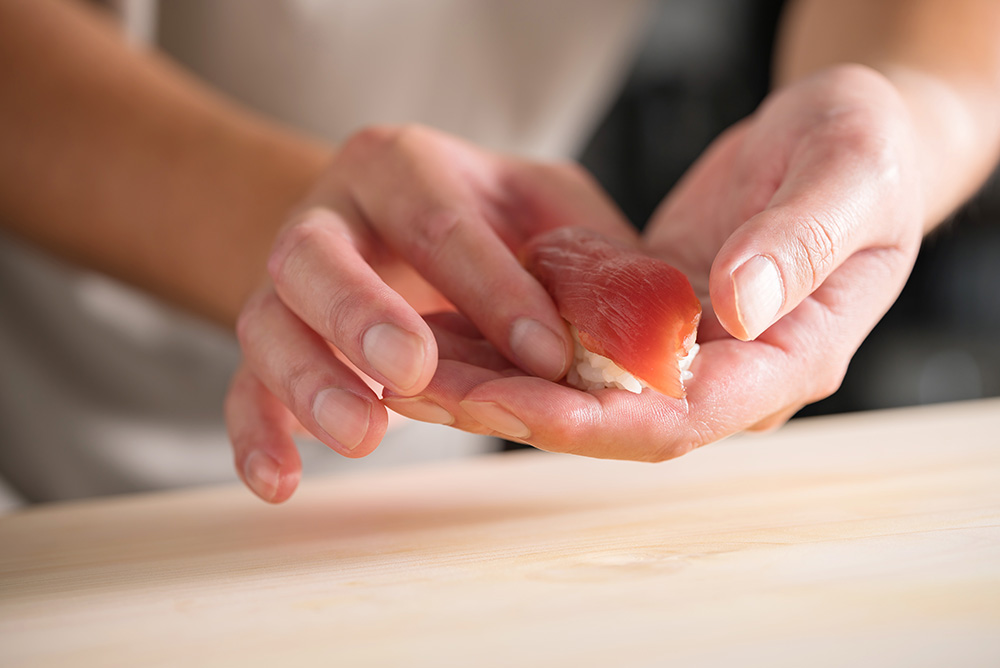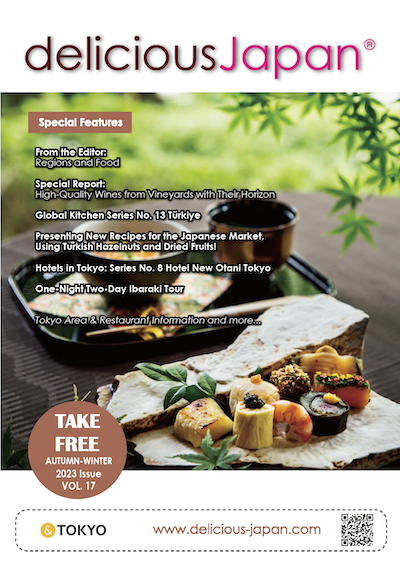
Decoding Japanese Food Trends from Trade Shows
There are around 40 shows a year in the whole of Japan that are mainly about the food and beverage field. Three or four a month take place mainly in Tokyo, Chiba, and Osaka, and the level of activity in food-related trade shows has never been higher. There have been two notably trendy fields in recent shows. One is washoku. The other field is foods that make selling points of health value or nature and the environment. The rise in these trends is being spurred by the surge in visitors to Japan in the run-up to the 2020 Tokyo Olympics and the growing orientation towards health in the Japanese public.Washoku Japan has named November as "Washoku Month", and November 24 as "Washoku Day". Fall in Japan is the season of fruitfulness, and there are many festivals, ceremonies and other events in all parts of Japan in Fall to give thanks to nature and pray for the next year’s grain harvests. November 24 was set as "Washoku" day in the hope that a day in Fall, at that vital period for Japan’s food culture, would serve to deepen public awareness of washoku culture and renew recognition of its importance.
The International "Washoku" Show Japan 2017, timed to coincide with the day, will take place over three days, November 20~22, at Tokyo Big Sight. The show used to be staged together with Foodex Japan, one of Asia's biggest food shows, but this will be its fourth year as a standalone event.
The organizer, the Japan Management Association, says "Effectively disseminating information about the how ingredients are used and combined in washoku, how dishes are arranged and served, and other aspects, gives an opportunity to spread washoku culture, which has been rooted in Japan, around the world". It adds that "We want the passing on and extension of washoku culture, with its history and traditions, and its diffusion overseas, to stimulate further growth in Japan's foods, beverages, and related industries". The Ministry of Agriculture, Forestry and Fisheries is working to raise the value of agricultural, forestry, and fisheries products and foods to JPY1 trillion by 2020, and aims to promote the use of Japanese ingredients in the food service industry around the world.
Another event, the 1st "Japan's Food" Export Fair, will take place at Makuhari Messe in Chiba on October 11~13, 2017. It is known as "the trade show for selling to overseas buyers and Japanese exporters". The promotion of washoku is an important element in Japan's growth strategy, and the Ministry of Agriculture, Forestry and Fisheries, JETRO, and food industry bodies are united in working to that end.
Foodex Japan is the largest show in Japan's food and beverage field, and has the greatest impact on it. The 42nd Foodex Japan, which took place on March 7~10, 2017, had 3,282 exhibitor companies from 77 countries, and drew over 80,000 visitors. More than 10,000 of those came from overseas. The "Organic and Wellness" show section, which was newly added two years ago and expanded this year, was the scene of lively activity. According to the person in charge of the Business Networking (B2B) secretariat, which links overseas exhibitors with Japanese buyers, there was a marked increase over the last year in inquiries from buyers handling gluten-free products.
The 45th International Hotel and Restaurant Show, which takes place in February every year, gained a new Natural Food Products show zone this year. A cooking demonstration and testing session by four top chefs using glutenfree foods, and other natural products such as vegan, organic, and super foods, was a major event. The event drew numerous visitors who are pros in the HoReCa industry, which is under pressure to meet the dietary needs of foreign travelers visiting Japan. Many other visitors were nutritionists in food-related fields, food coordinators, and people involved in food services.
The cooking demonstration and tasting event by four chefs treated the audience to demonstrations of two types of cooking and a tasting of one of them. Head chef Shinichiro Imoto of Conrad Tokyo, which has been offering menu items using super foods, served "quinoa fruit salad" for tasting. Many of the participants pronounced the dish to be superb, for its combination of ingredients and also for its entertaining appearance. Chef Isamu Tsukuda of Chef’s Live Kitchen at the Hotel Intercontinental Tokyo Bay introduced two types of cooking with sorghum. Participants who tasted the "stew of white sorghum and organic vegetables" were all amazed at its robust richness and umami, achieved without using any ingredients of animal origin. Chef Tsukuda says the secret of the dish's richness is in the "brown sauce" made by frying the ground sorghum for at least 30 minutes, until it almost gets scorched.
Washoku, as the core of the diets of the Japanese people, who enjoy the world's greatest longevity, combined with ingredients and menu items that suit those who care about health, beauty, and the environment, are certain to grow much further together in the Japanese market. Washoku, as the core of the diets of the Japanese people, who enjoy the world’s greatest longevity, combined with ingredients and menu items that suit those who care about health, beauty, and the environment, are certain to grow much further together in the Japanese market.

